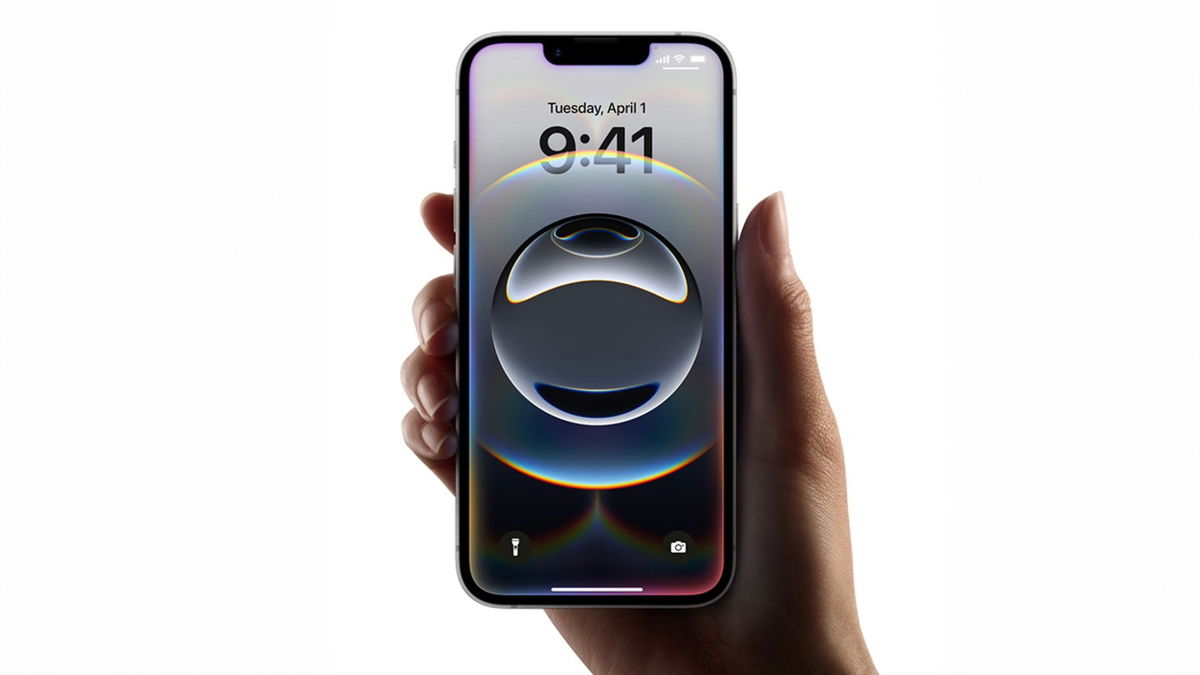The Rio de Janeiro Legislature (Alerj) passed Bill 5.083/21 last Thursday (12), which makes it difficult to make approximate payments with credit/debit cards. The new rule, to be approved by Governor Cláudio Castro (PL), requires financial institutions to request authorization from customers before issuing cards.
The proposal was penned by parliamentarians Lucinha (PSD) and Luiz Paulo (PSD), who argued that it was necessary to set rules to prevent financial crimes. An excerpt from the text states, “In a globalized society and with advances in information and communication technology, it becomes more and more necessary to ensure security in transactions and thus avoid so-called frauds by this method.”
PL also cites NFC and contactless methods on the rise, with approximate payments exceeding R$53 billion last year, according to the Brazilian Association of Credit Card and Service Companies (Abecs).
Allerj voted for the proposal in the second discussion and the rules can still be changed after the changes are made. The PL will enter into force 180 days after its publication in the Official Gazette.
New obligations to banks
PL introduces a number of new obligations for banks issuing cards that can be used for approximately payment. Financial institutions will need to comply with rules such as:
- Consult the consumer clearly before issuing the credit/debit card. Authorization may be in writing or electronically;
- The consumer has the right to cancel the provision at any time and issue a new card free of charge;
- The customer has the right to approximate the maximum amount used in each payment;
- The consumer will have the right to receive information: About the possibility of choosing the maximum amount of transactions to be made without using it; taking adequate measures to prevent theft, theft and fraud and specifying approximate payments on invoices;
- The consumer will have the right to choose to receive a payment confirmation option through the app before completing the contactless purchase.
PL 5.083/21 also establishes that companies that do not comply with the law will commit administrative violations, subject to the Consumer Defense Act.
The new rule only regulates credit/debit cards without changing the operation of NFC-enabled devices such as smartphones and smart watches.
Source: Tec Mundo










